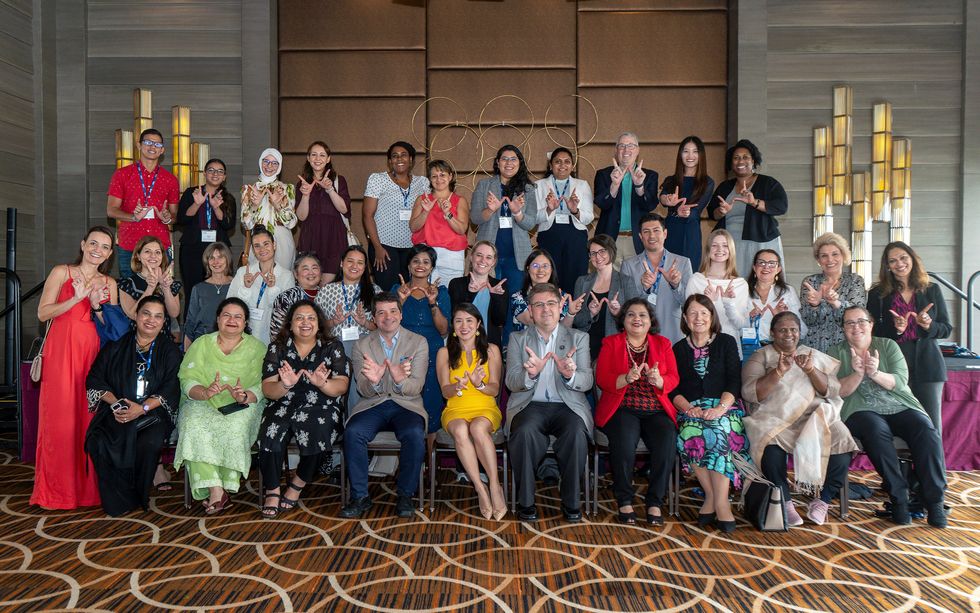Volunteering offers individuals a unique opportunity to foster both personal and professional development. Many people have turned to volunteer work in recent years, discovering that the benefits extend beyond community contributions. Engaging with organizations such as nonprofits and local community groups provides valuable experiences that can significantly enhance career trajectories.
Expanding Horizons Through Volunteering
According to Garen Staglin, cofounder of One Mind at Work, the benefits of volunteering are widely recognized. Activities such as volunteering not only contribute to individual well-being but also help to cultivate a sense of purpose. Staglin emphasizes that volunteering can significantly reduce stress and elevate mood through the release of hormones like dopamine. This powerful impact underscores the importance of volunteer opportunities, particularly those offered by membership-based organizations like the Institute of Electrical and Electronics Engineers (IEEE).
Volunteering can be a transformative experience for professionals at any stage of their careers. For those just starting out, it provides a platform to develop essential skills and build a strong résumé. Mid-career professionals can benefit from increased confidence as they tackle new challenges, while senior-level professionals often find that these opportunities expand their networks. Engaging in volunteer work allows them to connect with new perspectives and collaborative ventures outside of their usual professional silos.
Five Key Benefits of Volunteering
The merits of volunteering can be categorized in five distinct ways that contribute to professional growth:
1. **Skill Development**: Volunteering allows individuals to learn new skills that are applicable in their professional lives. Whether it involves project management, communication, or teamwork, these skills can enhance a person’s employability.
2. **Networking Opportunities**: Engaging with diverse groups of people broadens professional networks. Volunteers often meet individuals from various sectors, creating opportunities for collaboration and mentorship.
3. **Confidence Building**: Taking on new roles and responsibilities in a volunteer setting can empower individuals. This newfound confidence can translate into their professional lives, enabling them to pursue promotions or new job opportunities.
4. **Community Impact**: Contributing to the community fosters a sense of fulfillment. Individuals who volunteer often report increased job satisfaction and a greater sense of purpose, which can enhance overall performance at work.
5. **Enhanced Perspective**: Exposure to different environments and challenges through volunteering can provide fresh insights. This broadened perspective can lead to innovative thinking and improved problem-solving skills in one’s professional role.
Organizations that prioritize volunteer opportunities are making a significant investment in their members or employees. By offering these avenues for engagement, they not only support community initiatives but also contribute to the personal and professional growth of their workforce.
In summary, volunteering serves as a vital springboard for professional development. The skills, networks, and confidence gained through such experiences can lead to lasting benefits for individuals across all career stages. Engaging in community service not only enriches the lives of those being helped but also paves the way for personal and professional advancement.







































































